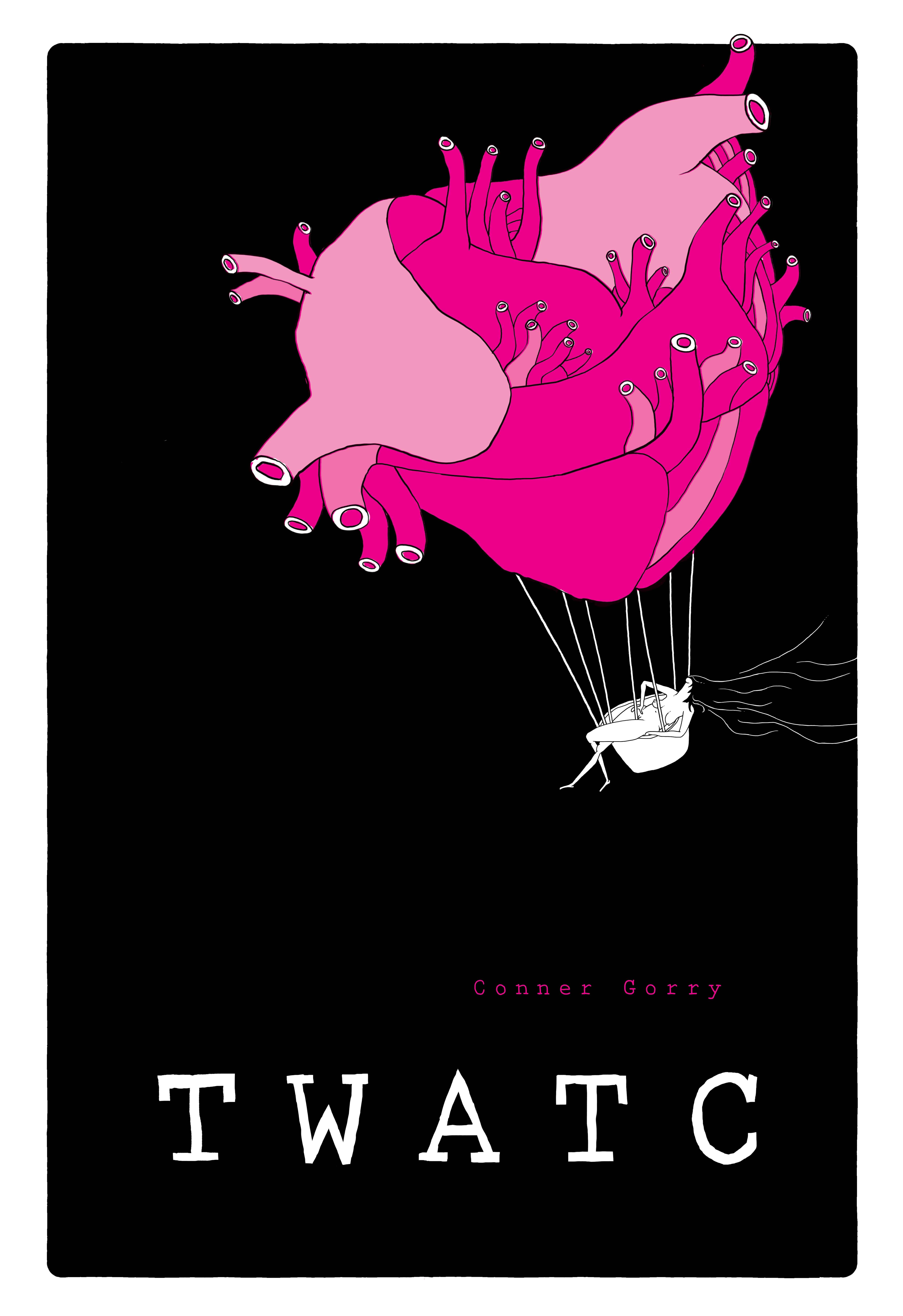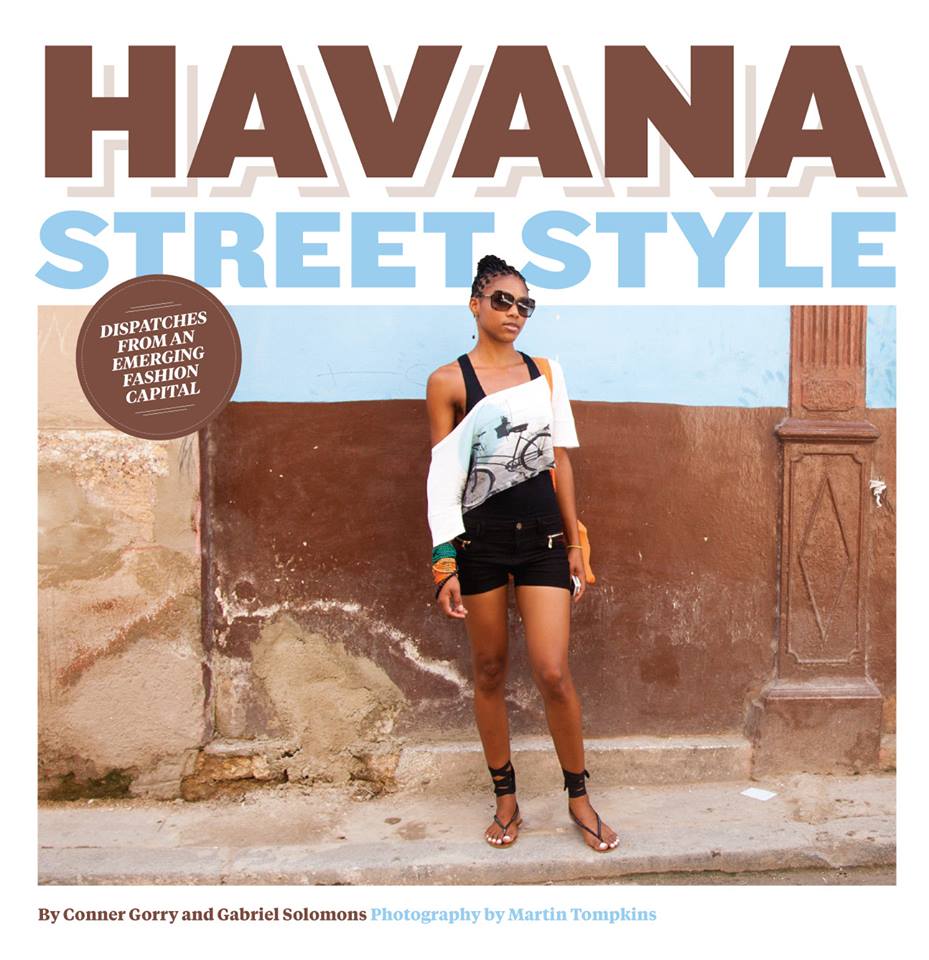[tweetmeme source=”connergo” only_single=false]
OYE!!
MUCHACHAAAAA!
¡LLEGÓ EL POLLOOOOO!
Are all the Cubans you know shouters? And do they always crank the music to 11 à la Nigel Tufnel? In your world, is a Cuban whisper an oxymoron? If so, you know that calling Cubans loud is redundant and the ruckus here is a full volume affair.
Labeling this noise pollution is a misnomer since 80% of the time the noise in question is a product of partying, kids screaming at play, antique Chevy’s honking out the Godfather theme, or the neighborhood knife sharpener making his rounds. Steaming beans, whirring blenders, trumpeters practicing in the park – Cuban noise is a life-affirming refrain, a symphony of love, work, and play that’s cacophonous at times, but more soulful and less discordant than planes droning overhead, panicky sirens, migraine-inducing leaf blowers and lawn mowers, and ubiquitous, petulant car alarms.
Even without this modern white noise, it is damn loud here. Some people aren’t down with this. I get it, but personally, I adore it (except when regguetón is involved) since I’m from a fast talking, high volume NY family; I feel right at home with all this bulla. I love that I don’t have to think twice about cranking Queen or audible climaxes (see note 1). Meanwhile, there are other Cuban habits which are highly annoying and chap my ass…
The farmer hanky: I was at a wedding not long ago (see note 2) and while I was smoking my cigar in the patio, another guest used a farmer hanky from the balcony above. For those unfamiliar with the practice, a farmer hanky is when you close off one nostril with a strategically placed finger, cock your head to the side and let the snot fly. With the wind, hopefully. I understand the Special Period and its aftermath made toilet paper a luxury item, but in public, at a wedding, you need to do this? How about a cloth handkerchief, which are all the rage down here? I do know one thing: that guy and I were both lucky he didn’t peg me with his snot rocket.
Barging in: After a decade here, I still don’t get the compunction to burst through a closed door without knocking. It doesn’t matter if it’s a boudoir, baño, or office: Cubans are loathe to knock. As you may imagine (and if you’ve spent any amount of time here, you don’t need to imagine this indignity, you’ve lived it), this can be compromising if you’re on the can or in the throes with your honey (see note 3). And this cuts both ways: Cubans aren’t used to locking doors or responding to ‘anyone in there?’ raps and I’ve walked in on my share of people after knocking, receiving no answer and sallying forth as a result.
Flushing reluctance: This is another truly puzzling and widespread habit here. Innumerable are the times I’ve walked into a stall to find the toilet filled with a cocktail of piss. My first thought: ‘the toilet is busted’ is followed by my second: ‘there’s no water’ (both very real possibilities here), but both prove to be wrong when I depress the handle and the cocktail whirls down and away. Laziness? Adaptation for the many non-working, waterless toilets we have here? I don’t know, but I end up dealing with lot of other people’s shit.
PZP: Thanks to fellow blogger at Cachando Chile for coining this acronym for public zit popping, something I find so repulsive and popular, I’ve mused on it before. Daughters squeezing their mother’s blackheads; lovers giggling with glee as they lance a good one; friends squirting puss from each other’s face to pass the time. It’s as disturbingly intimate and inappropriate as people worrying their dandruff scabs in public – something people all over the world can’t seem to resist, I’ve noticed.
Phone etiquette: Anyone who knows this place even half-well knows no one can dial a wrong number like a Cuban. If I had a nickel for every time someone dials me instead of the person they intended, I wouldn’t have to bust my ass peddling my Havana app. I’m talking to the tune of several wrong numbers a week. And this isn’t just limited to guys intentionally given the wrong digits by girls who aren’t interested; old ladies, bureaucrats, kids – everyone has a penchant for wrong numbers here. Hey, anyone can make a mistake, I get it.
What really grates, however, is when I pick up a ringing phone and the voice on the other end asks: “Who’s this?” No compadre, it doesn’t work that way; you called me. The question is: who is this? Sometimes these are acquaintances or colleagues giving bad phone, but often, these are men cold calling until they get a female on the line. They continue to call and coo, asking your name (and in my case: where you from?), until you tell them to stick it where the monkey put the shilling. Still, I wonder: was there ever a guy who got lucky with this mecánica? It’s highly absurd and disturbingly pathetic. Recently, a guy was calling me every morning at 7:45 with such patter until I told him I had caller ID (available here, though I’m too thrifty to pay for it) and was going to report him. Never heard from him again.
Spoilers: You sit down to watch a movie with your Cuban friend, lover, or mother-in-law and before the opening scene concludes, they exclaim: “Oh! I’ve seen this one! It’s where the wife really turns out to be the assassin but you don’t know it until the end!” Or along the lines of: “You haven’t seen The Crying Game?! It’s the one where she turns out to be a he!” Incredibly, this spoiling sport is even practiced by professional filmmakers. Don’t believe me? Check out the 30-minute muela that precedes the Friday night movie program Séptima Puerta – the host runs down the entire plot arc, replete with clips, before the opening credits even run.
Got any annoying habits you’ve observed among Cubans? Drop a comment!
Notes
1. Interestingly, the one situation where the Cubans I know aim for quiet is during carnal affairs.
2. I’ve refrained from writing about this event – the kitschiest thing this side of a Hialeah quince – to protect the guilty happy couple.
3. One thing I do love about here, however, is that on the whole, Cubans aren’t modest when it comes to bodily functions: everyone pisses, shits, and fucks. There’s nothing to be ashamed of.











